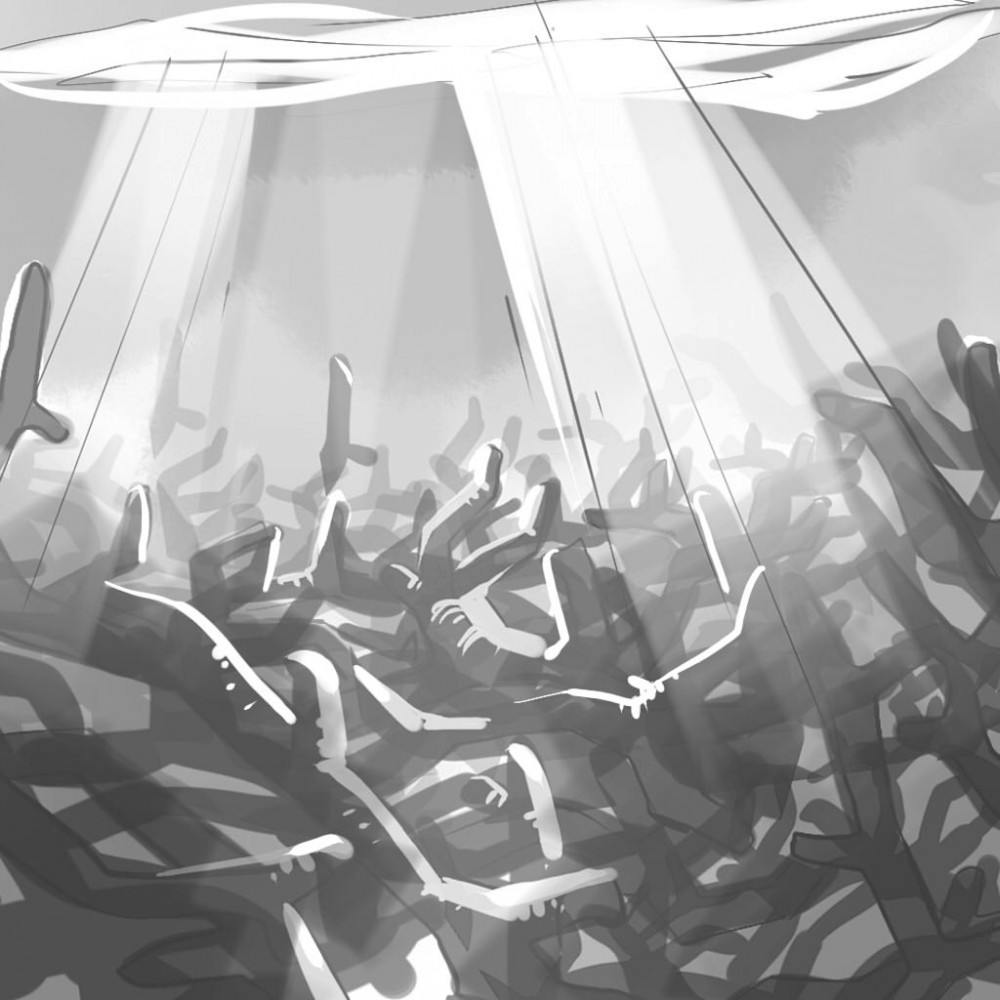Last week, climate scientists worked to walk back some serious public relations damage brought on by an Outside Magazine article that claimed the Great Barrier Reef was officially dead as a result of increased carbon levels in the ocean that have bleached much of the reef’s coral.
Though the difference is a semantic one, dead and dying are two hugely different things.
Terry Hughes, director of the ARC Center of Excellence for Coral Reef studies, assured people that the reef had not permanently died. “We can and must save the Great Barrier Reef,” Hughes said. “Large sections of it (the southern half) escaped from the 2016 bleaching, and are in reasonable shape. The message should be that it isn’t too late for Australia to lift its game and better protect the GBR, not we should all give up because the GBR is supposedly dead.”
However, the Editorial Board believes that a dose of sensationalism to describe the ongoing climate crisis is not necessarily a bad thing.
Though it is true that the Reef isn’t fully dead, a patient with a life-threatening illness would not warrant a passive response from doctors. The Reef is in fact an early casualty of the environment’s total deterioration at the hands of fossil fuel production and consumption.
However, even the Australian government has shown no inclination to reverse the bleaching of its national treasure. Not only has it approved the largest coal mine in its history this year, but it also lobbied the UN to remove a chapter on the reef from a report detailing climate change’s impact on World Heritage sites.
What marvels of the world have to be ravaged before our world leaders make even the slightest effort to save the world from climate change? Do the redwoods have to be rotting from the inside out? Does the Sahara need to be in flames or New York City flooded?
The Bulletin of the Atomic Scientists has already deemed climate change “irreversible but not unstoppable.” By most standards, that is an optimistic forecast. Many are claiming that the effects of climate change are accelerating more than previously expected, and with record-setting global temperatures the past few years, it is tough to disagree.
Politically, our situation is even more grim. The Republican party has vowed to prevent President Obama from ratifying the Paris Climate Agreement, which resulted in Obama bypassing the Senate to even get the deal agreed to by the United States.
Although the agreement aims to keep the global temperature below 2 degrees Celsius and slash carbon emissions, many believe it is too little too late. Congress may be thought of as the main obstacle to climate reform, but remember that, in February, the Supreme Court struck down the Obama administration’s Clean Power Plan, which would authorize EPA regulations on greenhouse-gas emissions.
Opposition to even moderate climate reform by U.S. political leadership sends two clear messages to the world: don’t bother fighting climate change, and forget your grandchildren having an inhabitable planet.
The Editorial Board would like to offer a both macro- and micro-level solution to the climate crisis. First, centralized planning is needed to mitigate the climate crisis on a global level. Yes, that may sound like socialism, but the business world has proved itself unwilling and unable to coordinate a response to climate change.
Secondly, never underestimate how much vegetarianism can help the climate. The meat industry is a notorious polluter. We know vegetarians can be annoying, but would you rather have a hamburger or grandchildren?




